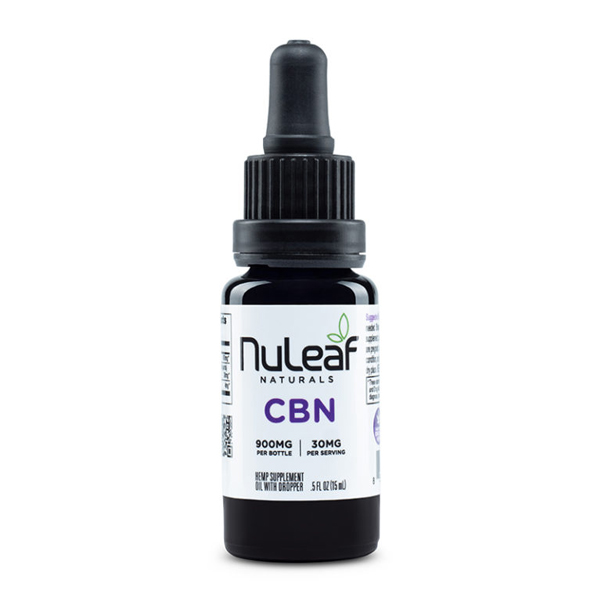No products in the cart.
The Best CBD for Sleep in Thailand Leave a comment
The Best CBD for Sleep in Thailand. Those who have excessive daytime sleepiness disorder struggle to stay awake during typical daytime hours. One solution for waking up on time and staying wake may be CBD. Initial research on animals shows that CBD functions as a wake-inducing drug. However, other studies suggest CBD functions as a sedating drug. Further research is needed to determine what doses and methods of CBD use affect wakefulness and sleepiness.
CBD may be helpful for letting your body transition from rapid eye movement (REM) sleep to non-rapid eye movement (NREM) sleep more quickly. More specifically, a 2014 studyTrusted Source shows that CBD may help improve REM sleep behaviors in individuals with Parkinson’s disease.
Another small 2016 case reportTrusted Source that was done on a 10-year-old girl also suggests that CBD may help with anxiety and insomnia for those living with PTSD. A good night’s sleep is essential to your overall health and wellbeing. Experts recommend adults sleep seven to nine hours1 each night. Proper sleep ensures you feel well-rested and have energy for the next day2. A good night’s rest also contributes to memory formation, helps grow and repair muscle and tissue, and prevents sickness.
The Best CBD for Sleep in Thailand
Unfortunately, falling asleep or staying asleep can be difficult for certain types of sleepers. As many as 70% of Americans3 report not sleeping the recommended hours, and nearly one-third of American workers sleep less than six hours per night4. Solutions for better sleep and avoiding sleep debt vary. Possible approaches include improved sleep hygiene, prescription sleep aids, and natural sleep aids.
One increasingly popular strategy for sleeping better is taking cannabidiol (CBD), a derivative of cannabis. CBD is commonly used to improve sleep and decrease anxiety. However, the regulation of CBD in the United States is limited, and much more research must be done to determine the exact effects CBD has on sleep and other physical and mental health concerns.
How Can CBD Help With Sleep Disorders?
Research on the effects CBD has on sleep disorders is still preliminary. Some people who use CBD for chronic pain report sleeping better. Currently, it is unclear whether these patients sleep better because of the pain relief or because CBD directly affects their sleep.
Other initial studies of CBD and sleep disorders suggest positive outcomes. However, not everyone experiences the same sleep benefits with CBD use, and different doses might lead to different effects. Research suggests that low doses of CBD are stimulating, while high doses of CBD are sedating. Discrepancies in experience can also be attributed to the method of CBD administration and dose. Additional research is needed to deepen our understanding of CBD as an intervention for sleep disorders.
How much CBD should I use for sleep?
Taking CBD can be a little confusing if you’re new to it, and it can get more complicated when you’re ingesting CBD.
First, you need to figure out the right CBD dosage. Start off with a small amount, such as 5 to 10 mg per day. If you don’t notice a difference after a week, increase the amount by 5 mg. Continue this process until you feel a difference.
Can CBD help treat insomnia?
Research from 2014Trusted Source suggests that higher dosages of CBD may be beneficial for improving insomnia symptoms. However, taking lower doses may have the opposite effect and promote wakefulness.
In addition, a small 1981 studyTrusted Source on individuals with insomnia found that taking 160 mg CBD per day helped increase their sleep time and decreased how many times they woke up during the night.
The Best CBD for Sleep in Thailand
What are the side effects of CBD?
Overall, CBD is thought to be safe. While research on its effects is ongoing, some known possible side effectsTrusted Source include diarrhea, appetite changes, weight changes, fatigue, and drowsiness.
When to take CBD for sleep
Taking CBD at least 1 hour before bedtime may helpTrusted Source you score some soothing sleep.
Is CBD oil better than sleeping pills?
Research around CBD is generally still growing, and more studies on CBD and sleep are still needed. What we do know right now is that CBD is considered safe to use and may even help with sleep.
Sleeping pills do have the potential for more serious side effects, compared with what we know about CBD side effects. It’s always best to talk with your doctor before trying any sleep aids or CBD.
What research says on CBD for sleep. Many people use CBD for insomnia and other sleep disorders. Insomnia can be caused by a number of things, including physical pain and anxiety. Since CBD shows promise in treating pain and anxiety, it makes sense that it might help people sleep better.
The Best CBD for Sleep in Thailand














